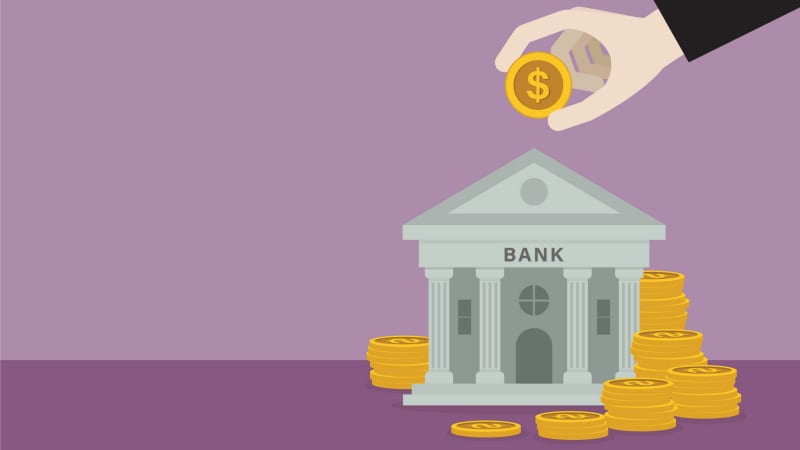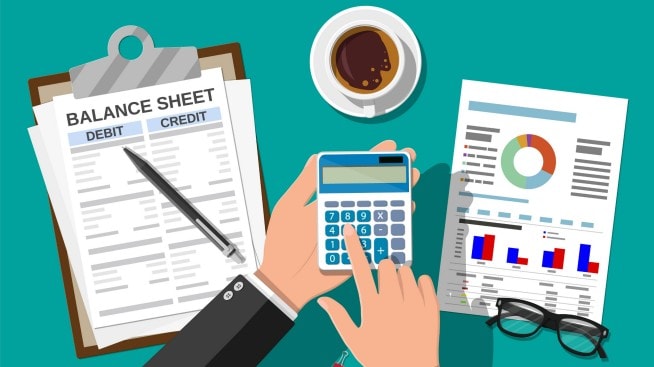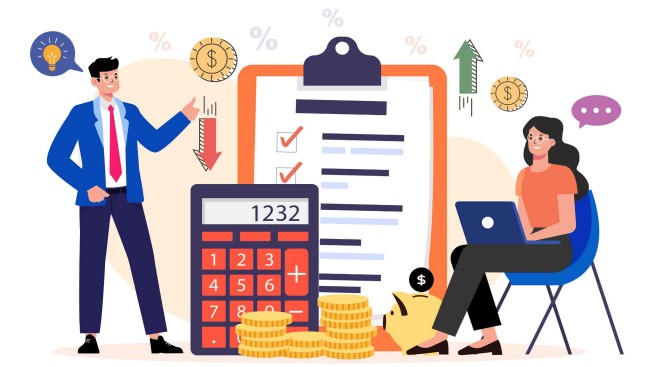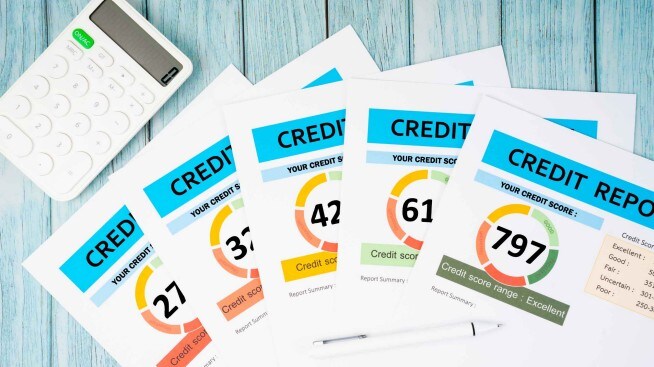Does closing a bank account hurt your credit?

The act of closing a bank account, such as a checking or savings account, does not directly affect your credit score. Your credit score is not directly affected by your checking and savings account activity. That includes account closures.
Checking and savings accounts are not considered credit accounts. Credit accounts consist of lines of credit, such as credit cards, auto loans and mortgages. Activity on credit accounts affects your credit profile and score, because lenders report the activity to major credit bureaus: Experian™, Equifax® and TransUnion®.
How closing a bank account could affect your credit
There are some situations when closing a bank account could affect your credit, but they’re not always a cause for concern.
If you close an account used to pay a credit card
A situation in which closing an account could affect your credit is if that bank account is used to pay a credit card bill, especially if you had set automatic payments. If you close that account and don’t make another arrangement to pay your credit card, you may miss a payment. Partial, late and missed payments are among the factors that can directly impact your credit.
When you close a bank account you use to pay a credit card, make arrangements so that your card’s bill is paid each month. Again, this is especially true when you have a bank account set up for automatic payments to your credit card.
If you apply for credit with the bank
For some banks, having a checking or savings account may help with credit card applications, loan approvals or the terms of credit lines you have with the bank. As an example, having a checking account with a bank could make applying for a credit card from that bank simpler. In that case, the bank should have your personal information on file, and they might be able to verify your income easily, too.
How closing a credit card account could affect your credit
There are pros and cons of closing a credit card account, but the truth is that it often impacts your credit. Credit score calculations rely on a variety of factors, including credit history and credit mix. Leaving a credit card account open—even if the balance is zero and you don’t use it—can usually help improve your credit.
In conclusion
Your checking and savings account activity, such as deposits and withdrawals, is not among the factors used to calculate your credit score. These bank accounts are not considered credit accounts, so the activity (including account closures) is not reported to credit bureaus. Credit-related activities, however—borrowing and repaying debt, for example—do affect your credit.
Want help monitoring your identity and credit? Get started with Chase Credit Journey®. This free online platform provides you with tools and insight that can help you better understand your credit score—including how you can improve it.



